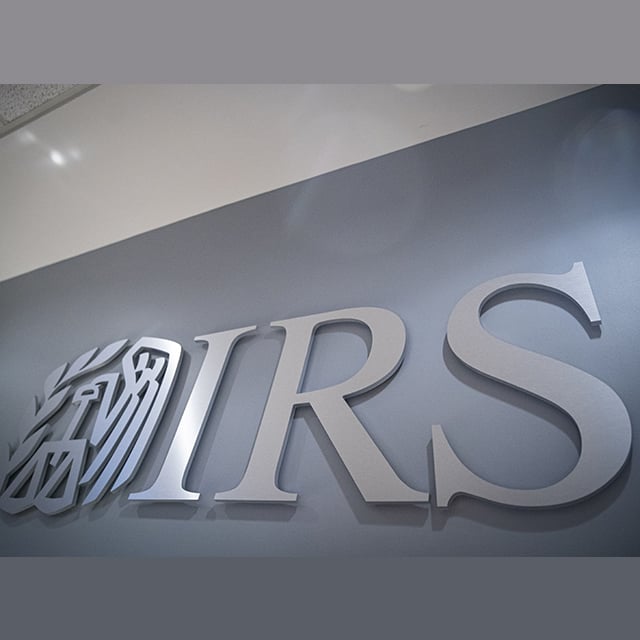IRS Issues New 2023 RMD Relief for IRA Beneficiaries

What You Need to Know
The inherited IRA issue was the top question on many advisors’ minds, Jeff Levine says.
The agency has not yet issued final regs on the question of whether IRA beneficiaries must take RMDs in years 1-9 after the account owner’s death.
The agency is also giving 72-year-olds who mistakenly started RMDs early extra time to return the money.
The Internal Revenue Service has reassured IRA beneficiaries subject to the 10-year rule that they do not need to take required minimum distributions in 2023 from accounts they inherited in 2020 or later.
The agency also gave extra time for IRA owners turning 72 who unnecessarily started RMDs this year to return the money to their accounts.
IRS Notice 2023-54, released Friday, extends the 60-day rollover deadline for those IRA owners, Ed Slott of Ed Slott & Co. explained Monday in an interview. They now have until Sept. 30 to return the money to their accounts and avoid the tax bill, he said.
The Setting Every Community Up for Retirement Enhancement (Secure) 2.0 Act, enacted Dec. 29, 2022, raised the age at which RMDs must start to 73 from 72, beginning this year.
Because the law was enacted so late in the year, “financial institutions were not able to stop the presses on RMD notices that were sent out to IRA owners [turning 72 in 2023] notifying them that they have an RMD due for 2023 when they in fact did not,” Slott told ThinkAdvisor in a previous interview.
In March, the IRS gave IRA providers until April 28 to notify IRA owners who will turn 72 in 2023 that they do not have an RMD this year.
The IRS relief in Notice 2023-23 was granted to financial institutions “because they may have sent out unintentionally incorrect RMD info to their IRA holders,” Slott said then.
Inherited IRAs
The second part of the just-released IRS guidance deals with the 10-year rule.




